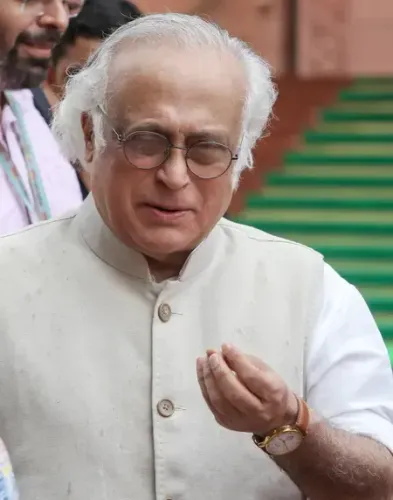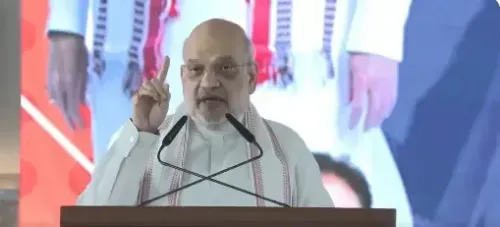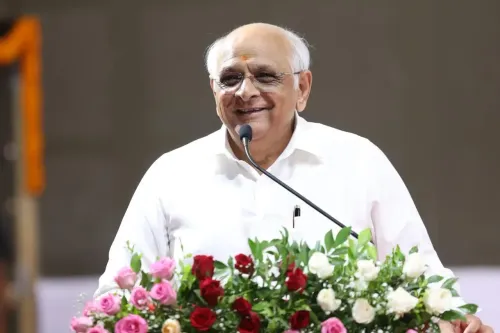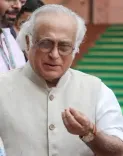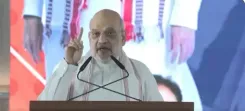Is Yasin Malik Trying to Whitewash His Crimes Against Kashmiri Hindus?
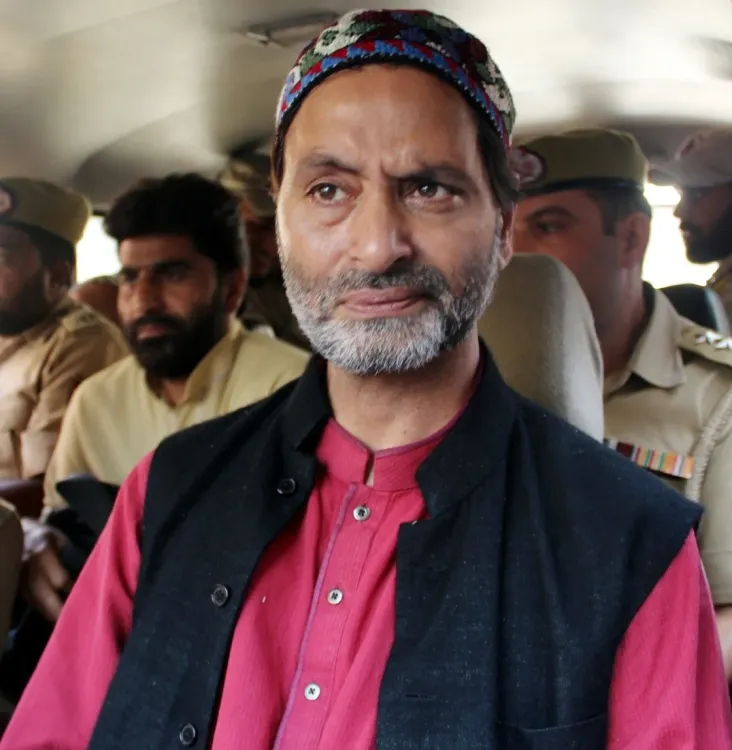
Synopsis
Key Takeaways
- Yasin Malik's claims of innocence are contested.
- The Kashmiri Pandit community continues to seek justice.
- There have been no comprehensive investigations into their exodus.
- Malik's past actions have left a lasting impact on the community.
- Public perception of Malik is increasingly critical.
New Delhi, Sep 21 (NationPress) Yasin Malik -- when you inquire within the Kashmiri Pandit community, he is often identified as a leading figure among the brutal terrorists responsible for their suffering in the valley. Yet, this separatist leader, who previously led the terror movement in Kashmir under the banner of 'Azaadi', is now presenting perplexing justifications.
Recent reports indicate that in a purported affidavit submitted to a court, Malik claims to be innocent, suggesting that his actions were dictated by 'circumstances'.
At present, facing deteriorating health and legal pressures, Malik has adopted a strategy of shifting blame. He is far from innocent; he has played a significant role in dragging Kashmir into a cycle of extremism, which has included the torture and murder of hundreds of Kashmiri Pandits, the abduction, gang-rape, and murder of Hindu women, along with looting, arson against minority properties, and the desecration of temples. He and his followers forced many Pandits to abandon their homes and lands, either through coercion or by compelling them to sell at meager prices.
He was instrumental in enticing young Kashmiri men into militancy, turning a once-peaceful society into one dominated by fanatical radicalism. Now, after 35 years, he seeks to cleanse the bloody narrative of his past, which is marked by the suffering of innocents, the wails of powerless women, and the sorrow of a community that has lost its 5,000-year-old homeland.
In his affidavit, Malik reportedly asserts: 'There are unverified claims that the exodus of the Kashmiri Pandits occurred due to the alleged genocide and gang rapes initiated by me.' He even challenges the Intelligence Bureau to produce records from that era.
The Kashmiri Pandits, who have endured countless atrocities, recognize his statements as falsehoods. Over the decades, their struggles have not been thoroughly investigated. It is perplexing that while incidents of violence in other parts of India are routinely examined, the violence against this community has largely been overlooked. The Gujarat riots triggered multiple inquiries; the 1984 anti-Sikh riots are still under investigation. Yet, the ethnic cleansing of Kashmiri Hindus has never been the subject of a comprehensive inquiry. Despite ongoing demands, no government -- local or national -- has formed a judicial commission or initiated a serious investigation.
Successive administrations in both New Delhi and Jammu and Kashmir have done little to identify and prosecute the perpetrators. Instead, there have been continuous attempts to downplay the enforced exodus of Hindus from the valley. An entrenched narrative has long sought to justify terrorism in Kashmir, even blaming the late Governor Jagmohan for the exodus of the Pandits.
However, the reality is undeniable. Beginning in 1988, a covert network systematically terrorized Pandits into fleeing. How can terrorists like Malik justify the marking of Pandit homes for targeting? What can he say in defense of the abductions and slayings of numerous Hindu men? What about the abhorrent gang-rapes and murders of figures like Girija Tickoo, Sarla Bhat, Prana Ganjoo, and many others? How does he explain the brutal murders of scholar Sarvanand Premi and his young son, Radio Kashmir Director Lassa Koul, politician Tikalal Taploo, Justice Neelkanth Ganjoo, and countless unnamed victims?
The term 'countless' is accurate -- there exists no detailed record of the violence, merely a few hundred FIRs, many of which have not progressed. What can Malik say regarding the mass murders of Hindus throughout the villages and towns of the valley? Yet, 35 years later, all he asserts is: 'If these grotesque allegations were true, I would hang myself without a trial and let my name be recorded in history as a blemish and curse to humanity.'
If there had been a genuine investigation into the genocide of Kashmiri Pandits, Yasin Malik would have faced the gallows long ago. His close associate Bitta Karate (Farooq Ahmed Dar) openly admitted to killing over 20 -- possibly more than 40 -- Pandits in 1990, unable to remember the exact total. Known as the 'Butcher of Pandits', his first victim was his friend Satish Tickoo, shot multiple times in the head and chest. At the time of the incident, Karate was not even masked.
Arrested in November 1990 for various offenses, Karate was granted bail by a TADA court in 2006. The presiding officer, N.D. Wani, noted that while the allegations were serious and could lead to a death sentence, the prosecution exhibited 'total disinterest' in pursuing the case, which underscores why the beleaguered Pandit community has not obtained justice.
Now, over three decades later, Malik presents these self-serving 'revelations' while his supporters rally around him. Former Jammu and Kashmir Chief Minister Mehbooba Mufti even called upon the Centre to adopt a 'humanitarian approach'. She wrote a heartfelt letter to Union Home Minister Amit Shah, conveniently neglecting the kidnapping of her sister, Rubaiya Sayeed, who identified Malik as her abductor in court.
But what about the injustices faced by over seven lakh Kashmiri Pandits? If justice had been served, Malik would have faced the repercussions long ago. Instead, the generation that experienced the trauma is dwindling, and with them, the first-hand witnesses are fading away.
Today, Malik and his supporters claim innocence and portray themselves as victims. In a few years, some may even label the exodus as mere 'migration', denying that any murders occurred or that violence ever took place. The narrative that excuses terrorism will dismiss it all as mere 'imagination'.
(Deepika Bhan can be contacted at deepika.b@ians.in)

